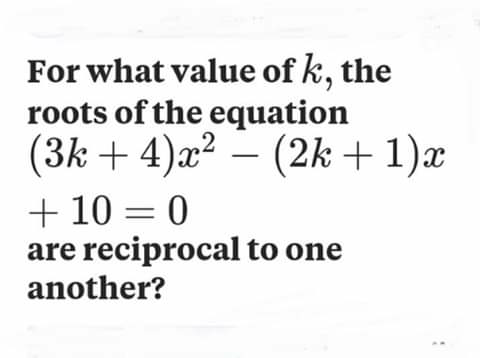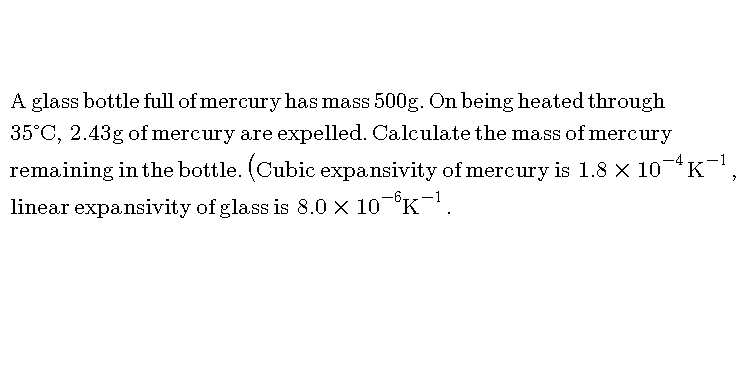
AllQuestion and Answers: Page 1564
Question Number 54936 Answers: 1 Comments: 1
Question Number 54923 Answers: 0 Comments: 9
Question Number 54919 Answers: 1 Comments: 1
Question Number 54909 Answers: 0 Comments: 5
Question Number 54903 Answers: 1 Comments: 0

Question Number 54901 Answers: 1 Comments: 1

Question Number 54897 Answers: 2 Comments: 1
Question Number 54896 Answers: 1 Comments: 1
$$\int\sqrt{}\left({x}\mathrm{2}+\mathrm{2}{x}+\mathrm{2}\right) \\ $$
Question Number 54880 Answers: 2 Comments: 0
Question Number 54876 Answers: 1 Comments: 1
Question Number 54875 Answers: 2 Comments: 0
Question Number 54869 Answers: 1 Comments: 0

Question Number 54868 Answers: 0 Comments: 1

Question Number 54860 Answers: 1 Comments: 1

Question Number 54858 Answers: 2 Comments: 0
Question Number 54857 Answers: 1 Comments: 0

Question Number 54856 Answers: 1 Comments: 2

Question Number 54841 Answers: 1 Comments: 0

Question Number 54830 Answers: 0 Comments: 1
Question Number 54827 Answers: 0 Comments: 0
Question Number 54826 Answers: 4 Comments: 5
Question Number 54825 Answers: 1 Comments: 0

Question Number 54808 Answers: 1 Comments: 2
Question Number 54797 Answers: 1 Comments: 0
Question Number 54821 Answers: 0 Comments: 1
Question Number 54790 Answers: 3 Comments: 2
Pg 1559 Pg 1560 Pg 1561 Pg 1562 Pg 1563 Pg 1564 Pg 1565 Pg 1566 Pg 1567 Pg 1568
